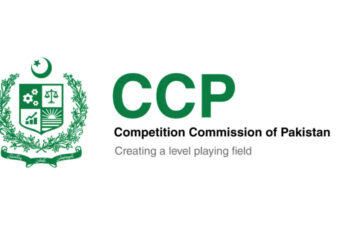ISLAMABAD: The Pakistan Sugar Mills Association (PSMA) has urged the federal government to completely deregulate the sugar industry and revive the Ethanol Blending Policy, amid soaring sugar prices that have reached Rs 200 per kilogram, rendering government price control efforts ineffective.
Some key sugar millers are of the view that Sugar Factories Control Act 1950 should also be repealed.
The PSMA — dominated by politically influential figures — made this demand during a General Body meeting, warning that the sector’s potential remains untapped due to overregulation. According to an official statement, the Association also expressed concerns over previous profiteering by interest groups under the pretense of sugar import and export, while policymakers appeared ineffective.
A PSMA spokesperson stated that the Association has requested the federal government to replicate provincial deregulation of sugarcane by fully deregulating the sugar sector at the national level.
The statement described the sugar industry as the second-largest agro-based sector in Pakistan after textiles. During the crushing season, it contributes to an estimated Rs 1,000 billion in economic activity through agriculture, transport, allied industries, wholesale, and retail markets. It also contributes approximately Rs 225 billion in direct and indirect taxes to federal, provincial, and local governments, while offering $4 billion in import substitution.
The industry also uses bagasse — a byproduct of sugarcane — as an indigenous energy source, powering allied industries and exporting surplus energy to the national grid. PSMA emphasized that with supportive policy interventions, a value chain based on sugarcane byproducts could thrive, similar to other countries.
The Association particularly called for the revival of the Ethanol Blending Policy, first introduced in 2009 but later shelved. It claimed that Pakistan’s current bioethanol production potential could replace up to 7% of total gasoline consumption, easing reliance on costly petroleum imports. Citing global examples like Brazil and India, the PSMA argued that ethanol usage in fuel could significantly strengthen Pakistan’s energy mix.
It further noted that rice and maize — two major agro-based sectors — have already been deregulated and are thriving under free-market principles. Rice exports alone are generating nearly $5 billion annually, thanks to market-based pricing and deregulation, which have encouraged investment in R&D and improved yields. In contrast, the sugar sector has seen little innovation in sugarcane varieties or sucrose recovery due to regulatory bottlenecks.
The PSMA urged the government to adopt a permanent policy framework for sugar sector deregulation to ensure sustained contributions in import substitution, employment generation, tax revenues, and export earnings through regular surplus exports.
The Association reiterated that it has consistently raised the issue in multiple meetings, including the most recent Sugar Advisory Board meeting held on July 17, 2025. It welcomed the federal government’s move to form a committee on deregulation and expressed hope that the sugar sector will finally be given the opportunity to operate freely, in line with other agricultural industries, for the benefit of national economic development.
Ends















